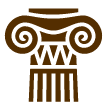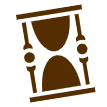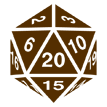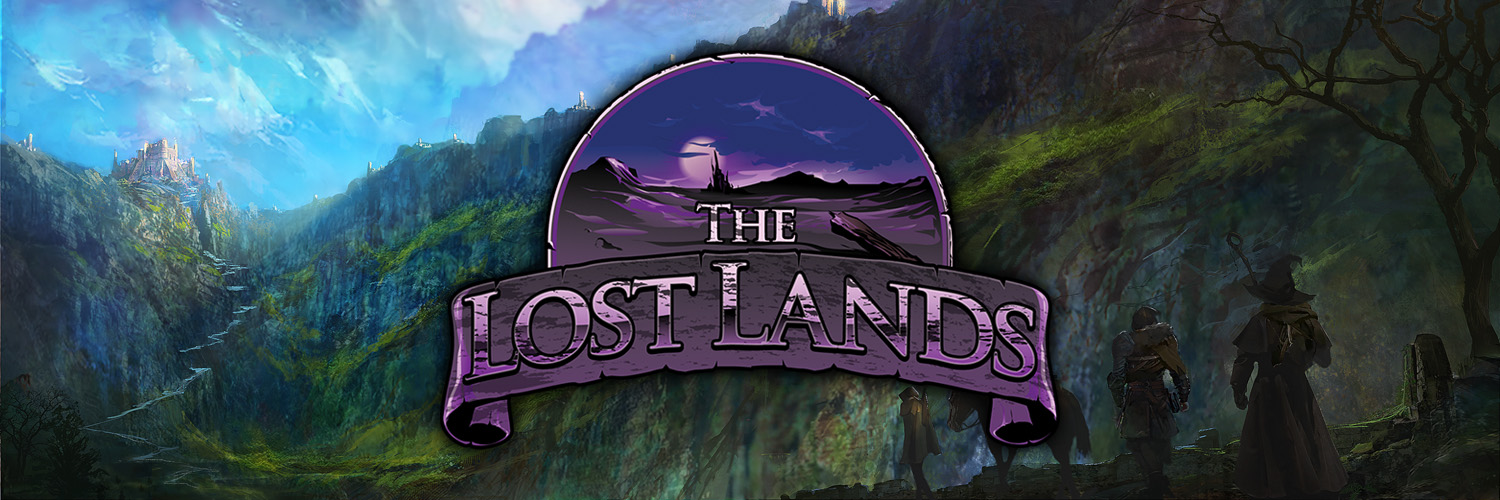Turkad
The City-State of Turkad is the southernmost of the Antioch City-States, sitting a few miles north of the mouth of the Palena River that serves as the border with Baalthaaz, and controlling a large area inland. The main product of the Turkad region is tobacco. It is grown on great plantations and processed, then boxed or baled and shipped out of the city’s port. Most tobacco produced here is the common type known locally as Libynos Blue. However, certain areas with favorable soils may instead grow the Numedan Blond or other varieties.
In order to produce this important crop as inexpensively as possible, Turkad enlists convicted criminals as workers. Citizens of the city-states are forbidden to own slaves, so convict labor is the next best thing. When criminals in the Antioch region are sentenced to hard labor, in some places it means hauling mine tailings or scooping and sorting stone chips. In Turkad, it means working the plantations. Convict labor is so valuable to Turkad, in fact, that judges are sometimes suspected of increasing (or decreasing) sentences to hard labor for the benefit of plantation owners.
Another popular trade good from Turkad is cabb’e. Cabb’e is made from tree seeds (known as “beans”) harvested in Far Jaati, transported by ship to Ur then by dwarven caravan through the underground kingdom of Shamash Kush, and finally down the Palena River to Turkad. These beans are roasted by a process which the Brewers’ Guild teaches to only a select few, and used to brew a dark, strong drink that is popular throughout the city-states and many neighboring countries. Surprisingly, Turkad’s cabb’e is also popular in the City-State of Castorhage, which is almost all the way around the world. Castorhage is known to have colonies right in Jaati, and rumor says some people have been experimenting with roasting their own beans, but despite this they keep returning to Turkad to buy their cabb’e, as well as the mechanical grinders sold to reduce the roasted beans to an easily brewable state and the enameled copper pots, cups, and burners to actually boil the liquid.
Shipbuilding is another important industry in Turkad. The same tall trees grown in Baalthaaz and used for ship’s masts and planking also grow in the southern part of the Antioch City-States. The great logs are transported to the Palena River and floated down to Turkad. Unlike in Baalthaaz, the wood is not traded outside the region. Instead, shipbuilders use it in great yards along the coast to build the merchant vessels and occasional other ships needed by the city-states.
The City-State of Turkad is governed by a chief magistrate and a great council of 25 members who serve for five years each. Council members are elected by the citizens from a slate of nominees proposed by the council. The chief magistrate serves until she is subjected to a vote of no confidence by the council members, at which time they elect one of their own to serve as the new chief magistrate.
In the area of Turkad, the god Telophus, Lord of Crops, is very important to the many products for trade. Other deities worshipped include those who favor travel, such as Kamien of the Rivers; Rhiaan, a Gohtra deity of birds and more; Sefagreth, the god of trade and travel; and Anumon of the Numedans, protector of travelers and the law.
Settlement
Turkad, City-State of
Type
City
Owning Organization











Comments